Jose J.A. (ed.), Leite J. (ed.)3540302271
Table of contents :
Table of Contents……Page 10
Representing and Reasoning with Preferences……Page 16
Engineering of Logics for the Content-Based Representation of Information……Page 17
Formal Methods in Robotics……Page 19
Games for Cognitive Agents……Page 20
Knowledge-Theoretic Properties of Strategic Voting……Page 33
The CIFF Proof Procedure for Abductive Logic Programming with Constraints……Page 46
Hierarchical Decision Making by Autonomous Agents……Page 59
Verifying Communicating Agents by Model Checking in a Temporal Action Logic……Page 72
Qualitative Action Theory (A Comparison of the Semantics of Alternating-Time Temporal Logic and the Kutschera-Belnap Approach to Agency)……Page 85
Practical Reasoning for Uncertain Agents……Page 97
Modelling Communicating Agents in Timed Reasoning Logics……Page 110
On the Relation Between ID-Logig and Answer Set Programming……Page 123
An Implementation of Statistical Default Logic……Page 136
Capturing Parallel Circumscription with Disjunctive Logic Programs……Page 149
Towards a First Order Equilibrium Logic for Nonmonotonic Reasoning……Page 162
Characterizations for Relativized Notions of Equivalence in Answer Set Programming……Page 176
Equivalence of Logic Programs Under Updates……Page 189
Cardinality Constraint Programs……Page 202
Recursive Aggregates in Disjunctive Logic Programs: Semantics and Complexity……Page 215
A Logic for Reasoning About Coherent Conditional Probability: A Modal Fuzzy Logic Approach……Page 228
A Logic with Conditional Probabilities……Page 241
Reasoning About Quantum Systems……Page 254
Sorted Multi-adjoint Logic Programs: Termination Results and Applications……Page 267
The Modal Logic Programming System MProlog……Page 281
Soundness and Completeness of an “Efficient” Negation for Prolog……Page 294
Logic Programs with Functions and Default Values……Page 309
Parallel Encodings of Classical Planning as Satisfiability……Page 322
Relational Markov Games……Page 335
On the Logic of ‘Being Motivated to ρ, Achieve Before δ’……Page 349
Representation and Complexity in Boolean Games……Page 362
Complexity in Value-Based Argument Systems……Page 375
A Polynomial Translation from the Two-Variable Guarded Fragment with Number Restrictions to the Guarded Fragment……Page 387
Transforming Fuzzy Description Logics into Classical Description Logics……Page 400
Computing the Least Common Subsumer w.r.t. a Background Terminology……Page 415
Explaining Subsumption by Optimal Interpolation……Page 428
Two Approaches to Merging Knowledge Bases……Page 441
An Algebraic Approach to Belief Contraction and Nonmonotonic Entailment……Page 454
Logical Connectives for Nonmonotonicity: A Choice Function-Based Approach……Page 467
On Sceptical Versus Credulous Acceptance for Abstract Argument Systems……Page 477
Line-Based Affine Reasoning in Euclidean Plane……Page 489
Measure Logics for Spatial Reasoning……Page 502
Only Knowing with Confidence Levels: Reductions and Complexity……Page 515
Time Granularities and Ultimately Periodic Automata……Page 528
Polynomial Approximations of Full Propositional Logic via Limited Bivalence……Page 541
Some Techniques for Branch-Saturation in Free-Variable Tableaux……Page 554
Semantic Knowledge Partitioning……Page 567
Negative Hyper-resolution as Procedural Semantics of Disjunctive Logic Programs……Page 580
Discovering Anomalies in Evidential Knowledge by Logic Programming……Page 593
Logic Programming Infrastructure for Inferences on FrameNet……Page 606
An Answer Set Programming Encoding of Prioritized Removed Sets Revision: Application to GIS……Page 619
Automatic Compilation of Protocol Insecurity Problems into Logic Programming……Page 632
Exploiting Functional Dependencies in Declarative Problem Specifications……Page 643
Combining Decision Procedures for Sorted Theories……Page 656
Meta-level Verification of the Quality of Medical Guidelines Using Interactive Theorem Proving……Page 669
Towards a Logical Analysis of Biochemical Pathways……Page 682
Abductive Logic Programming with CIFF: System Description……Page 695
The DALI Logic Programming Agent-Oriented Language……Page 700
Qsmodels: ASP Planning in Interactive Gaming Environment……Page 704
A System with Template Answer Set Programs……Page 708
New DLV Features for Data Integration……Page 713
Profiling Answer Set Programming: The Visualization Component of the noMoRe System……Page 717
The PLP System……Page 721
The MyYapDB Deductive Database System……Page 725
InterProlog: Towards a Declarative Embedding of Logic Programming in Java……Page 729
IndLog — Induction in Logic……Page 733
OLEX – A Reasoning-Based Text Classifier……Page 737
VERDI: An Automated Tool for Web Sites Verification……Page 741
SATMC: A SAT-Based Model Checker for Security Protocols……Page 745
tabeql: A Tableau Based Suite for Equilibrium Logic……Page 749
tascpl: TAS Solver for Classical Propositional Logic……Page 753
M……Page 758
Z……Page 759
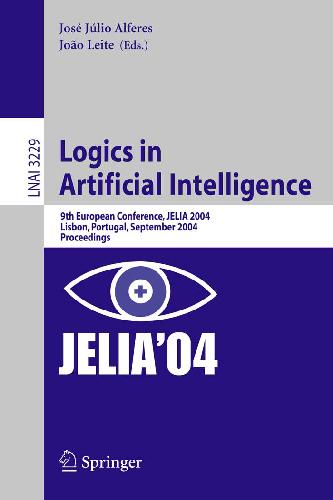

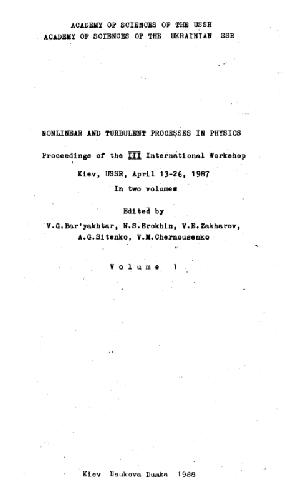
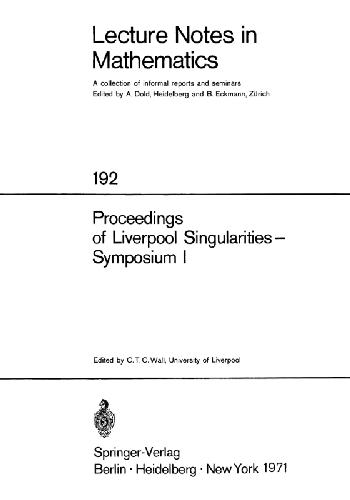
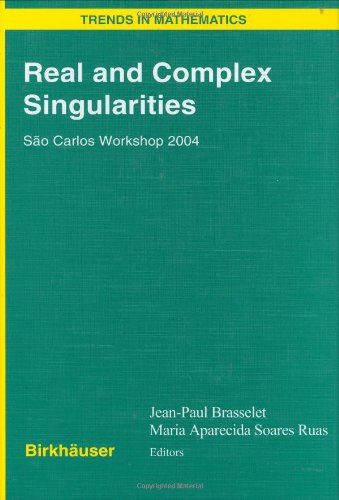
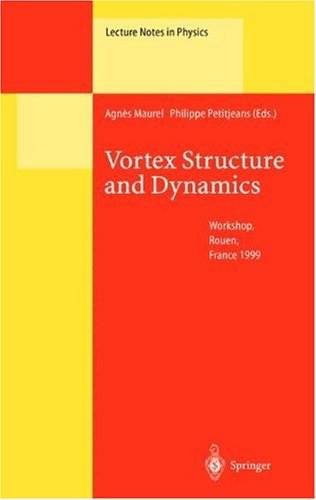
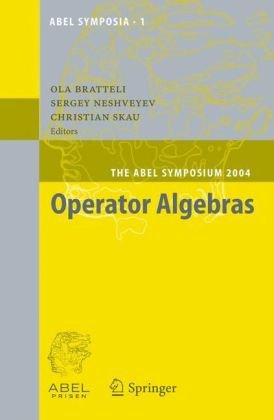
Reviews
There are no reviews yet.